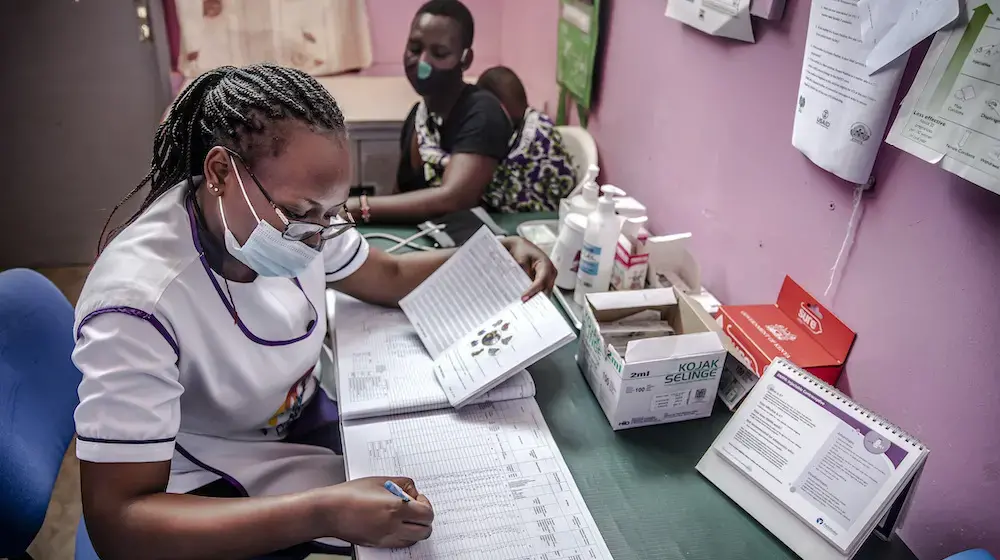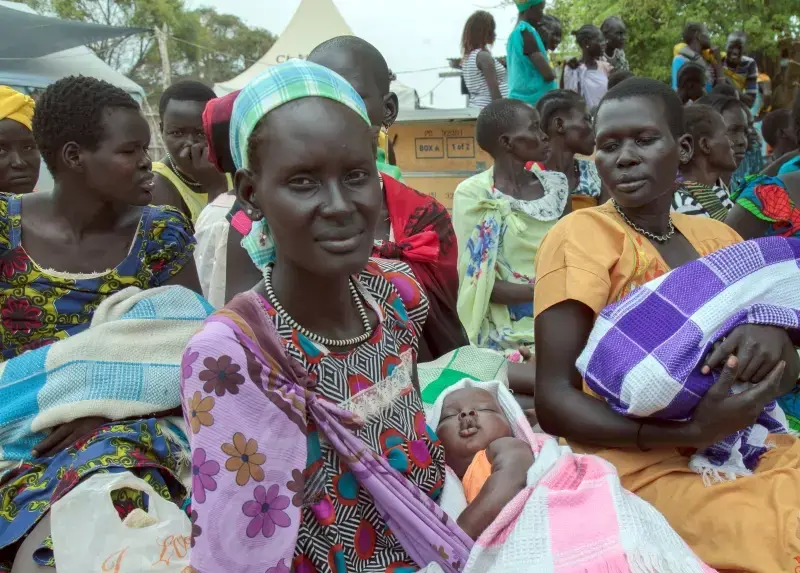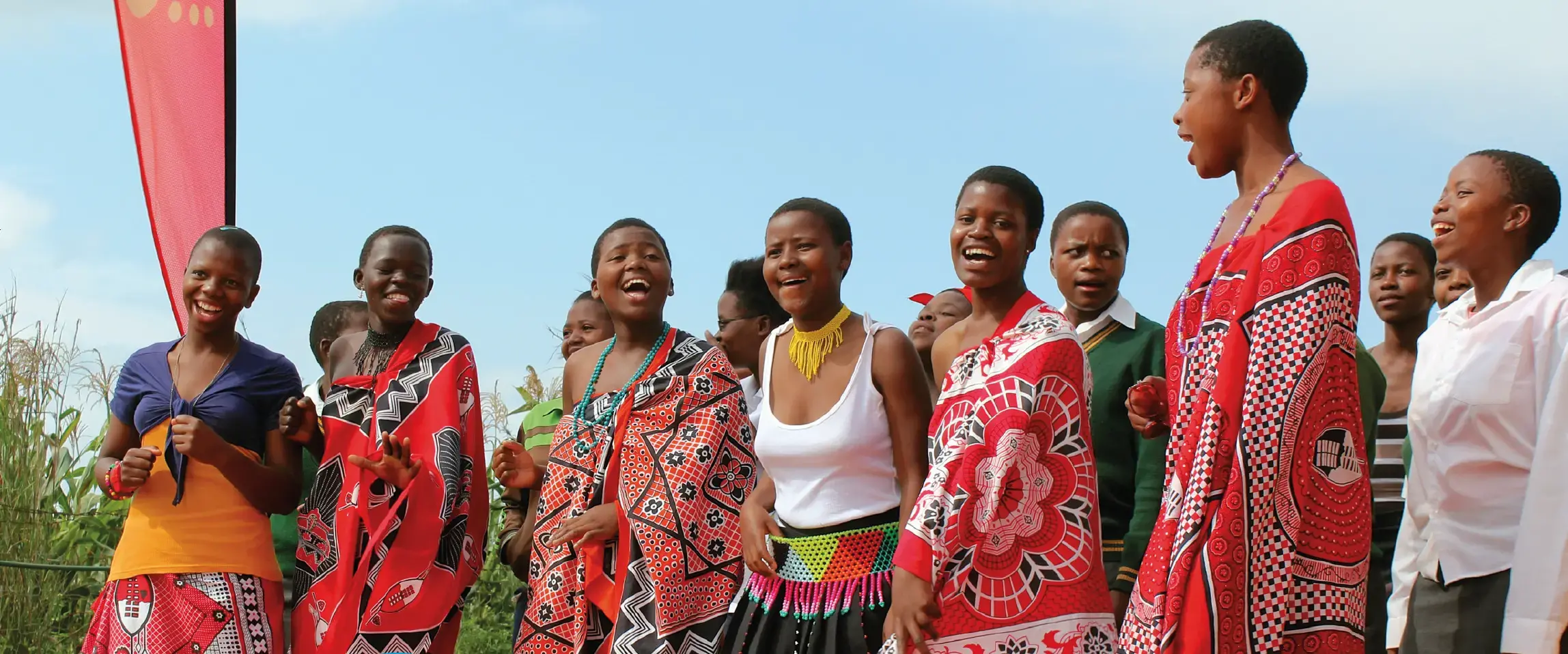On this World Health Day, we stand with the World Health Organization, which has declared this year’s theme as “Building a fairer, healthier world”. Thirteen months after COVID-19 brought the world to a standstill, we have yet to emerge fully from its grip. At its earliest, the global pandemic exposed many inequities that determined, Who lives and who dies? Even now, the question remains as richer nations vaccinate millions of its citizens while poorer countries wait for precious doses.
It is difficult to see the unjust way the virus tore through the globe, but the response is not to look away because that is easier. It is to look harder for solutions to guarantee that every person has access to health care – including reproductive health care – and mental health support, breathes clean air and drinks safe water (the slowdowns, shutdowns and lockdowns showed that the planet could heal if we let it), has enough to eat, works in decent conditions and lives free from violence and in peace.
Post-pandemic, countless people will face a much bleaker life than the one they knew before. Last year, UNFPA projected two million additional cases of female genital mutilation and 13 million more cases of child marriage over the next decade because of delayed prevention efforts. In a more recent report, 12 million women were unable to access contraception, leading to 1.4 million unintended pregnancies. The crisis will drive 47 million more women into poverty, 11 million girls may not return to school and as of November 2020, an additional 6 - 7 million children may have suffered from acute malnutrition.
The coronavirus may have slowed and even reversed progress, but it did not end UNFPA efforts. Far from it: heightened needs fortify our resolve.
We join the WHO in working toward a world where health is not a privilege for a favored few but an inalienable right for all. In a fair, humane world, no one is left behind. Because when no one is left behind, we all come out ahead.




